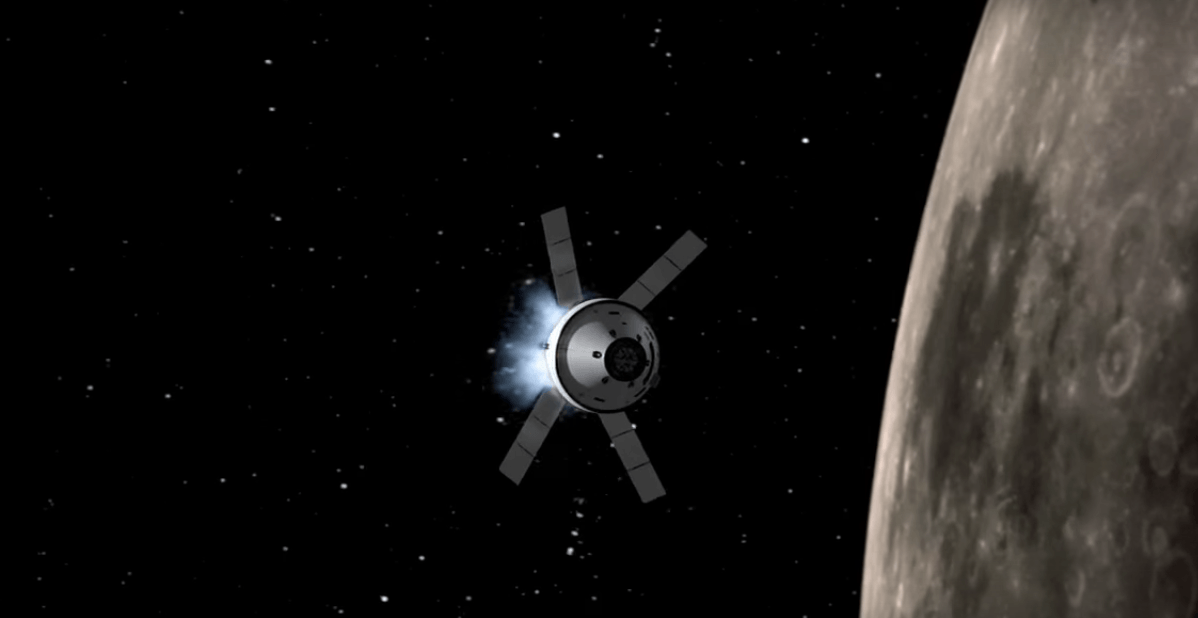 |
| Charles Bolden is the first African-American to head up NASA |
As governments, politicians and religious extremists fight for control of the earth, there’s a new battle brewing in the final frontier – space.
At the moment, NASA and private companies like Space X are engaged in a 21st-century space race to get to Mars, and they are using “spacefarers” to do it.
NASA has been throwing huge amounts of money to get students involved in the quest to colonize the galaxy.
In April 2011, NASA donated $28.5 million to Morgan State University. Earlier this year, the space agency shelled out $5 million to Xavier University, which won a five-year contract to prepare students for careers in STEM fields.
Other HBCU’s like Tennessee State University and Hampton and Howard Universities have also benefited from NASA’s generosity.
For example, Ameer Blake, is a senior astrophysics student at Howard who earned a nine-week internship with the space agency over the summer. Blake and other interns from universities around the country took part in research, used NASA’s facilities and received one on one mentorship from the world’s leading scientists and astrophysicists.
“Howard made me become more comfortable with myself as a black scientist in a world where a lot of old white men run science” Ameer Blake said. “The University helped prepare me to go into NASA and not feel like I am having imposter syndrome.”
Being mentally prepared for the lack of diversity in the STEM fields will be critical to the success of any hopeful African-American scientists. According to Dr. Marcus Alfred, an associate professor at Howard University, there is more than a severe shortage of African-American talent in these fields.
“If you look at the national statistics, there is only one black PhD. in Astronomy produced every year,” Dr. Alfred told The Hilltop. “[My students] can impact this number because they are persistent, and I am very proud of them.”





